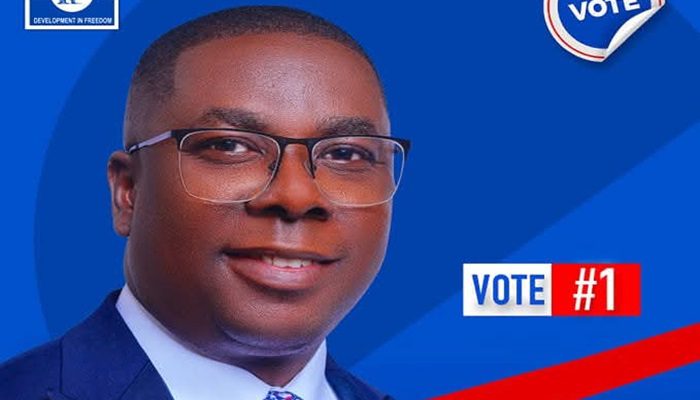Member of Parliament for Tano North Dr. Gideon Boako, has cautioned the Mahama administration against introducing new taxes to compensate for its promise to abolish existing levies, such as the Electronic Transactions Levy (E-Levy), betting tax, and other so-called nuisance taxes.
During the campaign, President promised to scrap several so-called “nuisance” taxes, including the Electronic Transactions Levy (E-Levy), emission tax, betting tax, and COVID-19 levy among others.
Commenting on the vetting of Dr. Cassiel Ato Forson, the Finance Minister nominee, Dr. Boako expressed concern about the implications of such a policy shift.
Revenue at stake
According to the Ghana Revenue Authority (GRA), the taxes slated for cancellation have become significant contributors to national revenue.
The COVID-19 levy generated GH₵1.18 billion in 2022 and saw a 24.7% increase in 2023, collecting GH₵1.14 billion.
The E-Levy also witnessed substantial growth, with revenue nearly doubling from GH₵640 million in 2022 to GH₵1.19 billion in 2023—an impressive 85.7% increase.
Projections for 2024 suggest that the E-Levy alone could bring in GH₵2.1 billion, while the COVID-19 levy is expected to generate GH₵3.1 billion.
Cumulatively, the potential revenue loss from abolishing these taxes is estimated at GH₵6.4 billion in 2025, rising to GH₵8.41 billion by 2027.
The GRA has warned that scrapping these levies could undermine national revenue mobilization efforts and Ghana’s ability to improve its tax-to-GDP ratio, which is critical for development.
During his vetting, Dr. Forson confirmed the administration’s intention to abolish the E-Levy and betting taxes in its first budget.
Dr. Boako criticized this approach, stating it could lead to significant revenue shortfalls that would be difficult to address. He argued that such shortfalls would conflict with International Monetary Fund (IMF) requirements for robust revenue generation to support debt servicing obligations.
“I think by and large, he [Ato Forson] has done his part, but unfortunately, it wasn’t enough,” Dr. Boako remarked.
“For instance, he was asked how he plans to make up for the revenue shortfalls from scrapping the taxes, and he said he would cut expenditure.
However, cutting expenditure does not address the problem because the IMF focuses on debt service to revenue ratio, not debt service to expenditure ratio.”
The need for a sustainable solution
Dr. Boako emphasized that while expenditure cuts might offer temporary relief, they do not resolve the fundamental issue of generating sufficient revenue to meet debt servicing obligations. He warned that the IMF would ultimately demand alternative revenue sources, potentially leading to new taxes.
“We don’t want a situation where you give with the right hand and take with the left hand,” he remarked, urging the government to consider the long-term impact of its decisions.
Call for transparency and pragmatism
The Tano North MP called for a comprehensive and transparent approach to addressing Ghana’s fiscal challenges.
He cautioned against creating false hope by abolishing taxes only to reintroduce them under different names.
Dr. Boako urged policymakers to be pragmatic in managing the country’s revenue needs, emphasizing the importance of balancing public expectations with the fiscal realities of governance.
- Valeria, the amputee giving 1,000 other amputees new life - 25 April 2025
- Moses Baiden calls for unified African tech strategy - 25 April 2025
- Govt will settle debt owed Zoomlion-MPs - 25 April 2025




